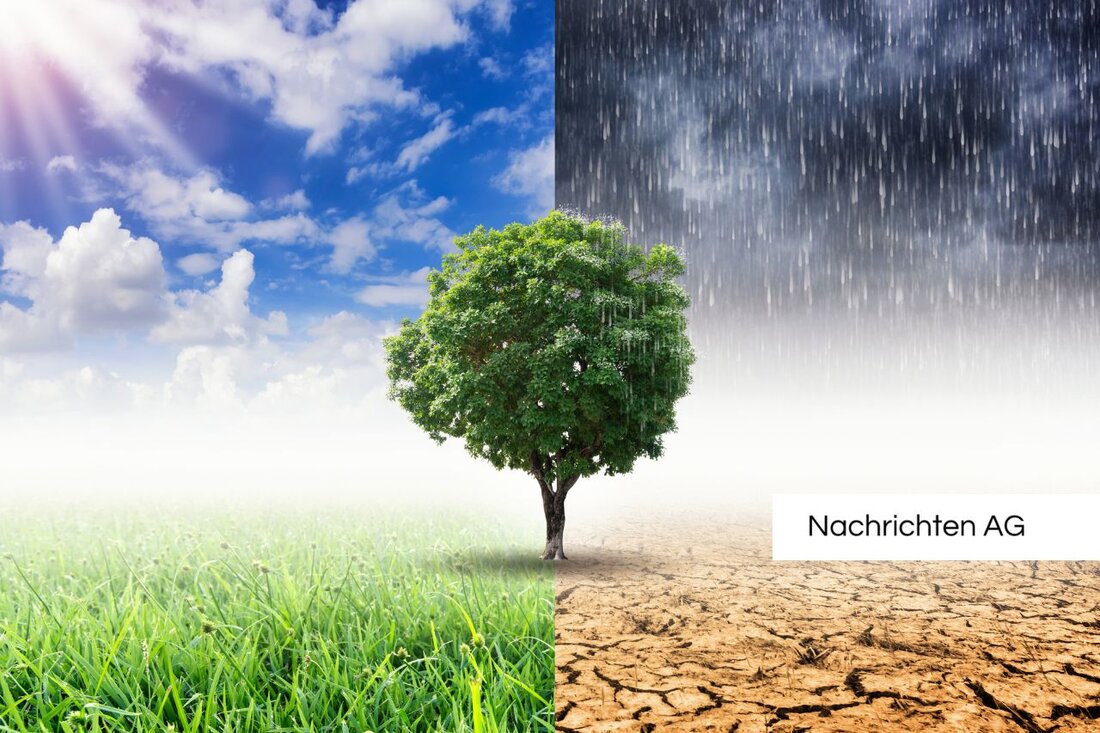Kassel relies on innovative technologies for a safe drinking water supply!
Research project “Flexilience” at the University of Kassel: Start innovative approaches to resilient drinking water supply in northern Hesse.

Kassel relies on innovative technologies for a safe drinking water supply!
The city of Kassel is facing challenges in the drinking water supply, which are being exacerbated by climate change. According to the University of Kassel, the water supply in the northern Hesse city is reliable despite these challenges. Raw water is extracted in two source areas, the Habichtswald and the Kaufunger Wald, as well as through several deep wells and groundwater recharge at the Neue Mühle waterworks.
However, climatic changes are also accompanied by declining water resources. This affects lower groundwater levels and lower spring discharges. The water levels of the Fulda are also affected. The Netz + Service municipal works have begun taking measures in a research project to secure the water supply. This project called “Flexilienz” aims to ensure the long-term use of spring water from the Habichtswald.
Climate impacts and new technologies
The conversation around water supply has become more urgent, especially since the dry year of 2018. This year, the impact of extreme weather on water availability became more than apparent. Prolonged drought and high temperatures led to record-breaking water consumption figures. Under this pressure, it is now increasingly recognized how important system reserves and redundancies in water supply are in order to withstand future challenges, as the German Gas and Water Association (DVGW) reports.
Dr.-Ing. Philipp Otter, project manager of the “Flexilienz” project, emphasizes the problems that have arisen for water quality due to dry phases and heavy rain since 2018. One of the main goals of the project is to develop a novel ultrafiltration system that effectively filters cloudy spring water. This technology uses membranes with smaller pore sizes and requires no pumps or energy, making drinking water supplies more resilient to extreme climatic events.
Research and Development
Another aspect of the project is testing new possibilities for hydrogen production. This uses an electrolyser that is installed at the Tränkeweg waterworks in Kassel-Niederzwehren and produces hydrogen from filter backwash water. According to estimates, 11 kilograms of water are required to produce one kilogram of hydrogen, which does not include cooling water.
The project will also provide insights for other water suppliers in Germany and Europe. The Städtische Werks Netz + Service, Fraunhofer IEE, the Water Technology Center TZW, EnWaT GmbH and Oppermann GmbH are the main participants who are taking on the challenge together. The research project is funded by the Federal Ministry of Research with a total of 2.6 million euros, with 780,000 euros being made available for the University of Kassel alone.
Future prospects
The results of the “Flexilienz” project are of particular importance because they point to the current issue of water availability in Germany. Climate change has clear impacts on water supplies and therefore on daily life. The Federal Environment Agency (*UBA*) has recognized that a detailed consideration of water availability and the development of solution strategies are necessary in order to avoid water use conflicts in the future. The need to prioritize drinking water supplies is becoming increasingly undisputed.
Through the interaction of research, technology and practical measures, Kassel can meet the challenges of climate change. With the “Flexilience” project, the city is demonstrating how innovative approaches can improve the stability and resilience of the drinking water supply and encourage other regions to take similar paths.
For proper information about the water supply in Germany and the impact of climate change on it, we consider the following information: University of Kassel, DVGW, Federal Environment Agency.

 Suche
Suche
 Mein Konto
Mein Konto